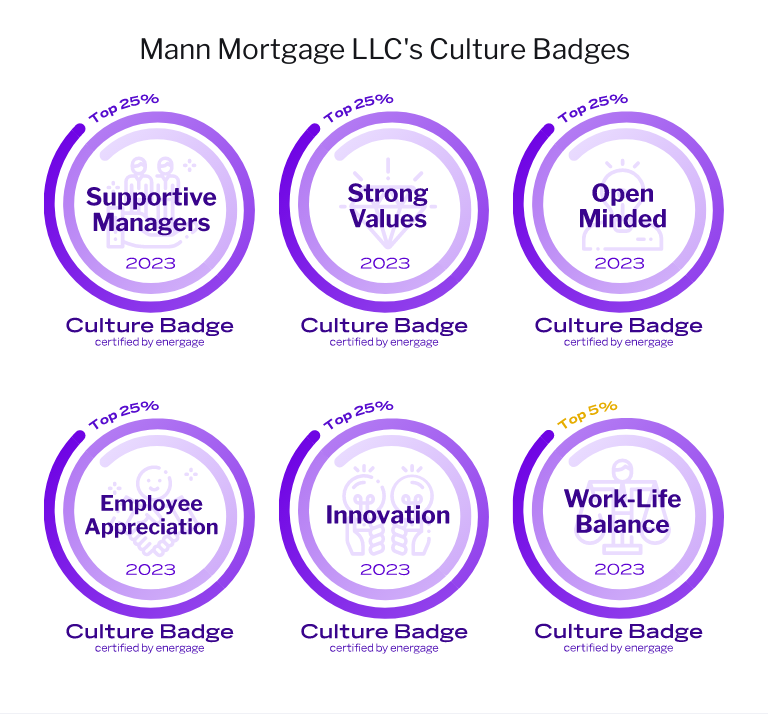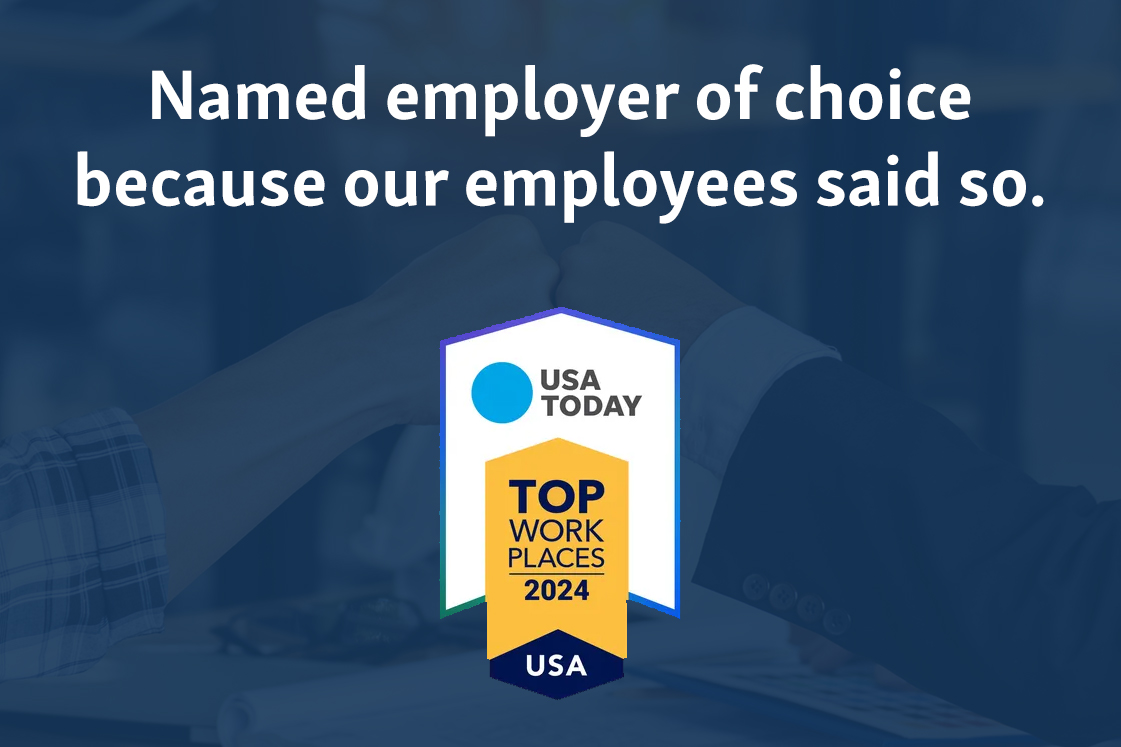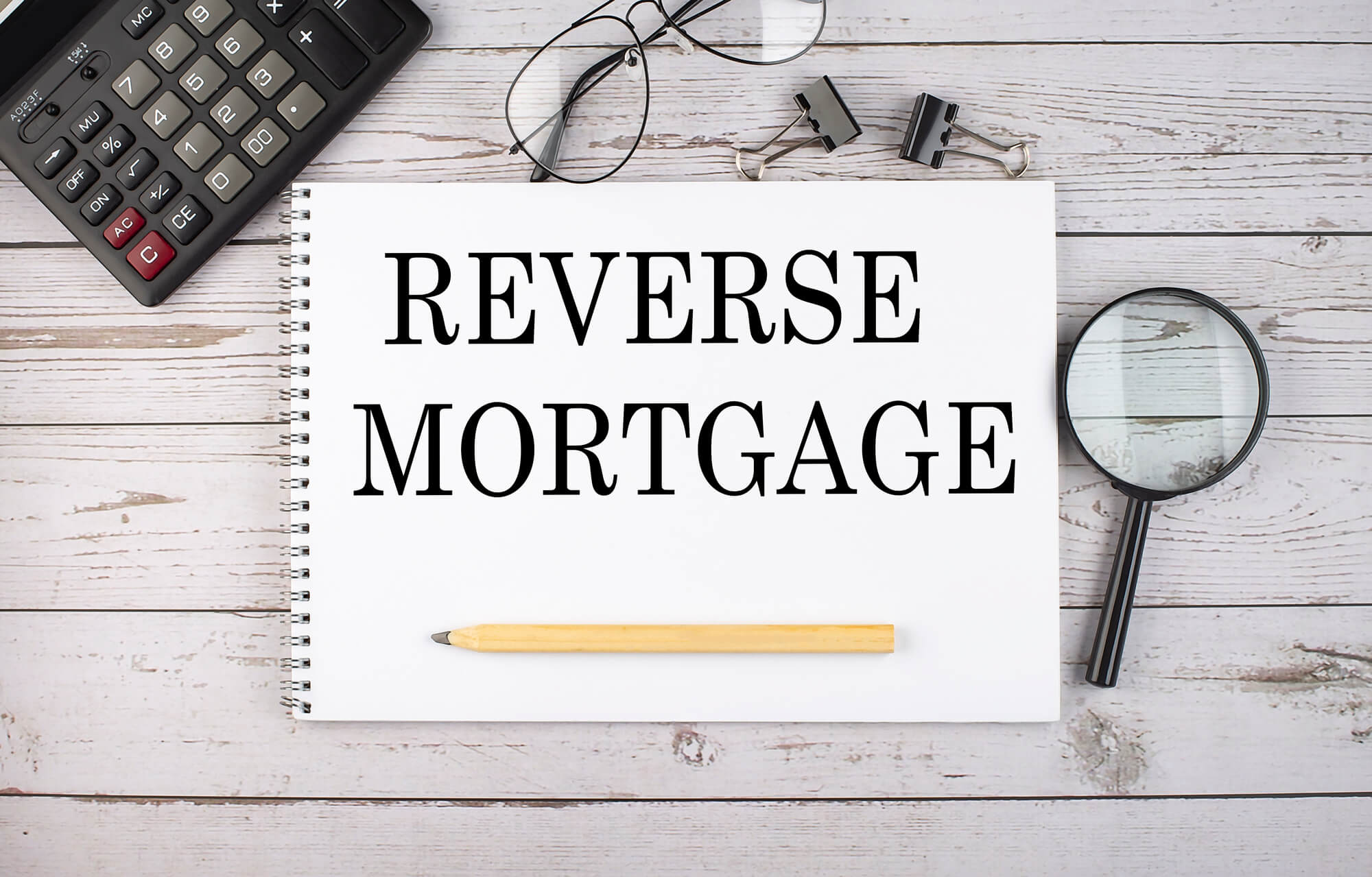We are thrilled to announce that Mann Mortgage has been honored with the prestigious 2024 Top Workplace Award by USA Today. This accolade is not just a testament to our company’s commitment to excellence but is especially meaningful because it is based solely on the feedback of our dedicated team. With more than 207 employees participating in the employee survey, their voices have echoed a unanimous message of satisfaction and pride in being part of Mann Mortgage.

But our achievements don’t stop at the Top Workplace Award. This year, we’ve also been awarded 6 specific culture badges, reflecting the strongest culture drivers within our organization. These badges are a recognition of the aspects of our workplace culture that stand out the most, based on the survey responses compared to other organizations in our benchmark. Let’s take a moment to celebrate these badges:
1. Supportive Managers – Employees feel the managers at Mann Mortgage LLC care about their concerns and help them learn, grow, and succeed.
2. Strong Value – Employees believe that Mann Mortgage LLC operates by strong values.
3. Open Minded – Employees believe Mann Mortgage LLC encourages different points of view.
4. Innovation – Employees believe new ideas are encouraged at Mann Mortgage LLC.
5. Employee Appreciation – Employees feel genuinely appreciated at Mann Mortgage LLC.
6. Work Life Balance – Employees have the flexibility they need to balance their work and personal life.
Earning a Culture Badge means that the scores for these statements were in the top 25% of organizations in our benchmark surveyed over the past 12 months. This is a significant achievement and one that we are exceptionally proud of.

As we celebrate these recognitions, we want to extend our deepest gratitude to all our employees whose feedback has not only earned us these awards but also continues to shape Mann Mortgage into a top workplace. Your dedication, innovation, and commitment are the cornerstone of our success. Together, we look forward to building on this foundation and achieving even greater heights in the years to come.
Thank you for making Mann Mortgage a truly exceptional place to work. Here’s to many more achievements and continued success!
See Mann Mortgage’s Top Workplaces profile here.










